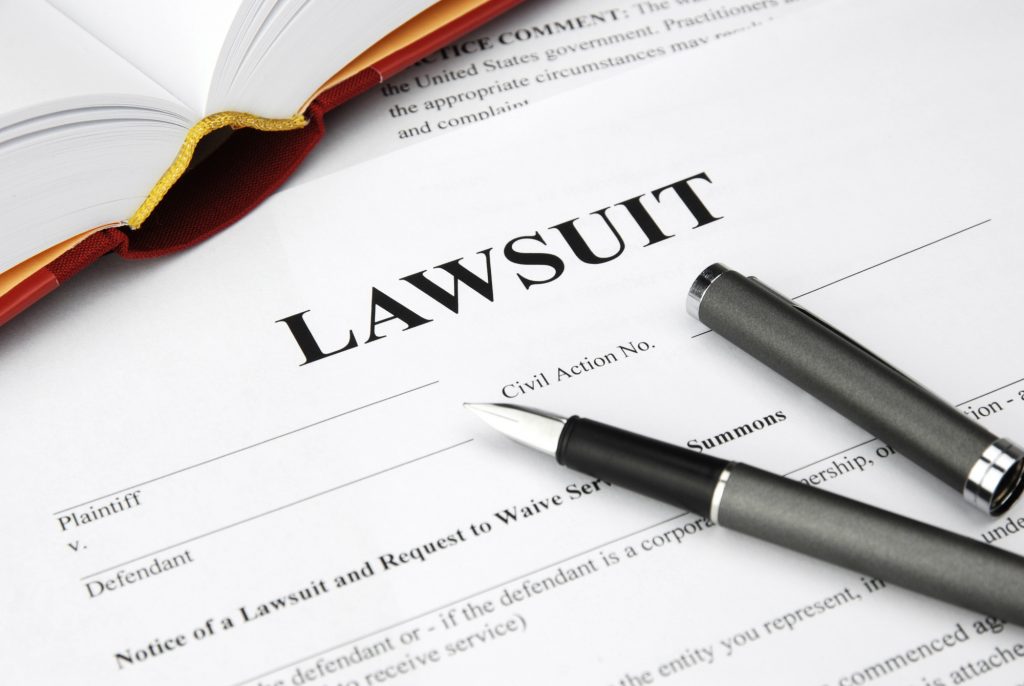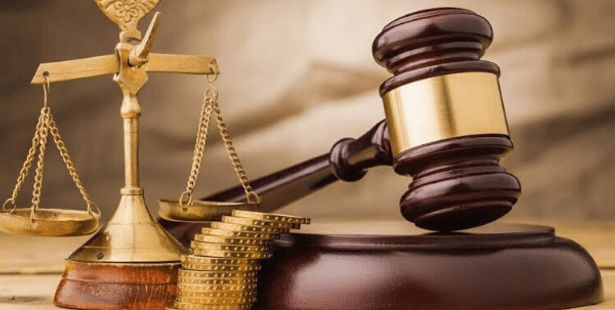Rest your case. Just figure out where you want to rest it.
The movies show court cases in the same way. Two lawyers argue in front of a judge, with a jury off to the side evaluating evidence. This confuses the distinctions between criminal and civil cases.
There are even more distinctions than that. Before you pursue any type of legal action, you should know the types of court cases in the United States. Here is a quick guide.
Criminal Types of Court Cases
Many people are familiar with criminal court cases. Criminal cases involve codes of behavior that the government has passed into law.
The government initiates criminal court cases, and government-employed prosecutors try the cases in court. Nearly all criminal cases use grand juries to determine if there is enough evidence to bring to trial. Within the trial, juries determine the guilt of a defendant.
State courts try criminal cases. Criminal violations can progress to federal courts if a violation of federal laws occurred. Murder is usually a violation in state court, but the murder of a federal official triggers proceedings in federal court.
Criminal offenses include murder, assault, and robbery. A wrongful death case also involves criminal offenses. Monetary offenses like financial fraud are criminal offenses, but federal courts handle these crimes.

Civil Cases
Civil cases occur when a party seeks money or compensation from another party. Most judges try civil cases in state courts, but they can progress to federal ones.
Most civil cases do not use lawyers. Each party represents themselves, pleading their case in front of a judge. Civil cases may or may not involve juries.
There are many types of civil cases. The most common civil cases involve divorce and custody. Protective orders against domestic violence are civil cases as well.
Other common civil cases include contract and property disputes. If a landlord tries to evict a client, they pursue a civil case. Complaints against the city or federal government are usually tried as civil cases.
A tort is a civil case in which one party alleges physical or emotional harm. This is different from a criminal case involving assault because the party seeks financial compensation. Tort cases are tried on the civil level.
An incident may result in a criminal and civil case. The two cases are separated from each other and tried in different courts. A person may be found not guilty of criminal charges, but guilty of civil ones.
Bankruptcy Cases
A third distinct type of case involves bankruptcy. Bankruptcy courts are federal courts.
Bankruptcy occurs when a person cannot repay their debts. A debtor files a petition in court, and the court then evaluates the debtor’s situation. They determine how they can use their assets to pay off their debt.
A bankruptcy judge oversees cases. They can decide if a debtor should be discharged from their debts. Juries are not involved, though proceedings are accessible to the public.
Learn About the Law
Not all court cases are alike. Once you understand the different types of court cases, you can begin your journey through the legal system.
Criminal cases involve violations of codified laws. Most criminal cases are tried in state courts, but criminal offenses can occur on the federal level. Civil cases are also tried in state courts, as they involve financial damages.
Bankruptcy cases are a special kind of case. All bankruptcy cases take place in special federal courts. They do not use juries.
Keep learning about the law. Follow our coverage for more information.





